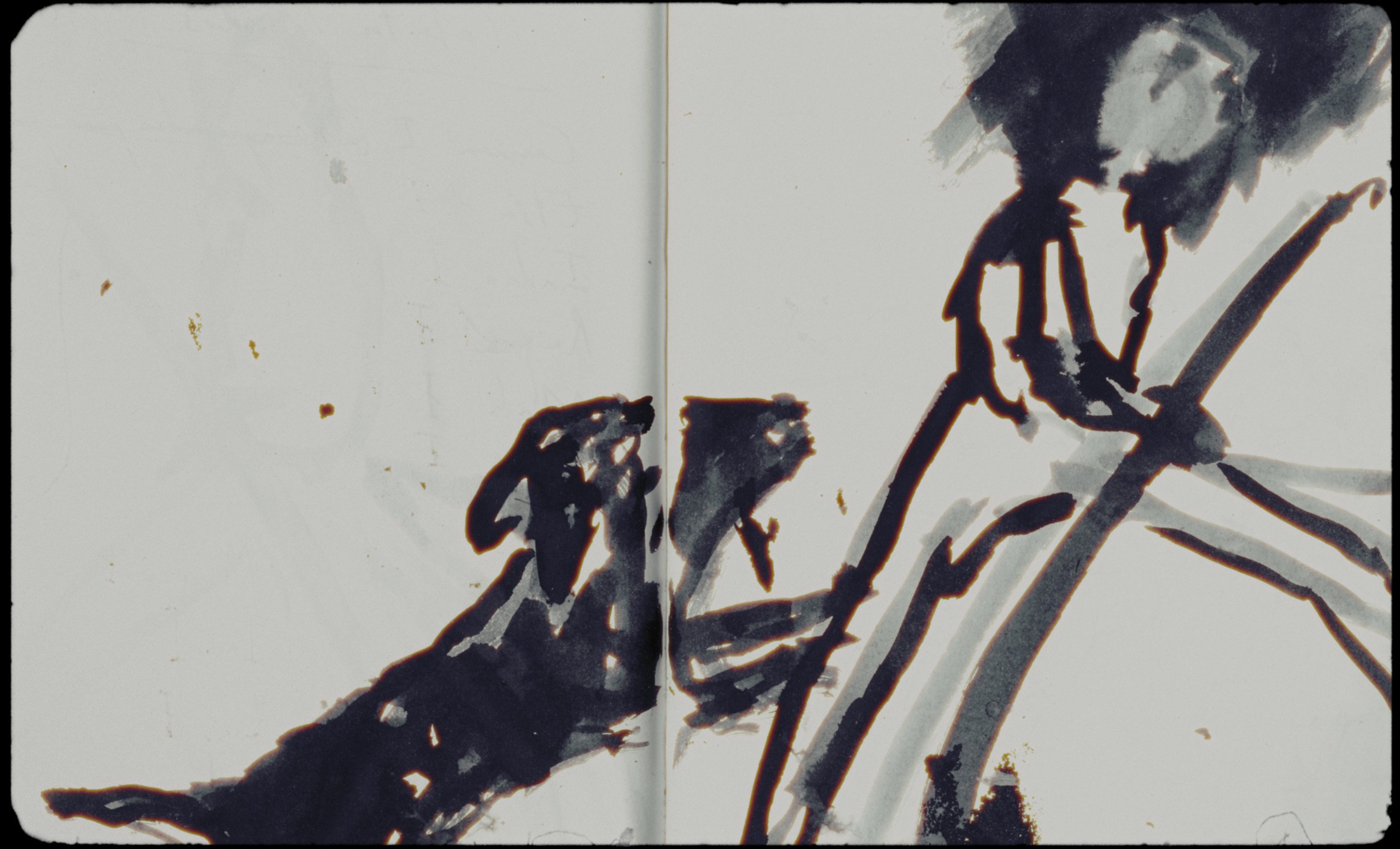In the early 17th-century novel ‘Don Quixote’, MARCELA, a young woman who leads an independent life as a shepherd, defends herself after being blamed for the suicide of a man who fell in love with her. Four centuries later, a shepherd with the same name and age embarks on a journey on foot from rural Spain to the heart of its capital, claiming the right to self-sufficiency, in resistance to capitalist food production. Shifting from a playful gaze on historical fiction to a poetic docu-fictional lens, the film explores the links between two recurrent forms of female self-determination and questions the diachrony of autonomous modes of existence and independent forms of economic activity. Time travel, road movie and character study at once, MARCELA offers a healing perspective on a fragile world on the verge of disappearance, in which a young woman fearlessly embarks on a new path.

MARCELA, MARCELA
Salka Tiziana
90’
- Status
- Director
Director’s Statement
With Marcela I want to explore the inspiring departure of an individual to consciously choose a different way of life than the one dictated by the families and systems we were born into. Taking a close look at Marcela’s monologue of self-empowerment in Cervantes’ Don Quixote I will question the possibilities of this self-determination today. The literary figure becomes an emancipatory role model, embodied by a contemporary shepherd, who is allowed to be much more complex than the traditional figure of a defiant, rebellious and misunderstood outsider. My last film led to a close collaboration and friendship with a poet and shepherd, who later introduced me to Cervantes’ Marcela. Both women carry knowledge that, in times of factory farming, exploitative monoculture plantations and radical climate change, needs to be cultivated if we are not to lose self-determination in matters of nutrition and health. But other than Marcela, my friend’s desires were never limited to a life in the countryside, reaching to the bowels of the city, full of ambivalence and supposed contradictions. The transhumance connects these two realities and offers the context an dramatic axis, by transcending man-made boundaries and highlighting the urgency for taking care of the grounds we walk on.
Technical sheet
- Production:FAUST (Hannah Schwarz, Tom Otte, Salka Tiziana : info@fffaust.com)
- Budget:260 538 €
- Acquired budget:10 000 €
- Funds:Berlin Senate Stipend for Moving Image Artists
- Shooting country:Spain